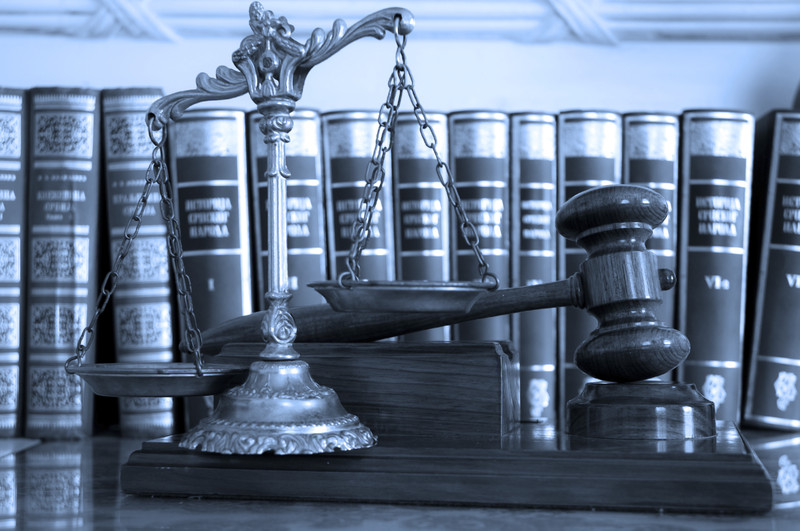At some level, advice on how to inspire staff is silly. It’s usually either blindingly obvious—be good at your job, be passionate about the organization, make people and leadership teams feel valued—or jarringly inauthentic. But much more practical insights can be found in a forthcoming book called “Inspire”.
NAPCO Conference 2025
Join NAPCO in Bellevue, Washington August 17-20, 2025
Read more →

